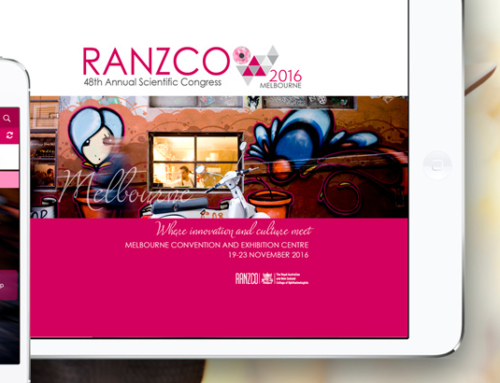Technology combined with social change has caused a revolution in the way we plan, execute and attend meetings and events. It has also caused a great deal of confusion for event planners and attendees alike. We are constantly faced with the challenge of deciding what technology to use, where to use it and how to maximize the benefits of its use. In addition to this we are also faced with a larger challenge which is understanding how the future generations will want to participate in events, how they will want to use technology and how we can embrace this social change and add value to every attendee, before, during and after the event.
While these may be our greatest challenges; they are also our greatest opportunities. Remember the record companies who did not believe in CD’s and CD manufacturers who thought iTunes was a fad. Change is inevitable and if we don’t take this opportunity seriously and embrace the new meetings framework we will be left wondering what happened to our attendees and our events.
Recently I had the good fortune to discuss this very topic with industry author and visionary, Shuli Golovinski; founder and CEO of Newtonstrand Limited. Born in 1975, Shuli has spent 15 years working to revolutionise the way events are organised. After a successful career at Microsoft, and twice the winner of the Bill Gates Innovation Award, Shuli created Newtonstrand 10 years ago and has continued to develop it into a successful software company in the events industry.
Shuli was only too eager to share his vision.
We are currently Embracing a new Business & Fun Framework in future events that is crucial to ensuring the overall experience and outcome for delegates, and the future success of our industry meetings. By opening our events to the younger delegates, as well as developing the traditional elements of the meeting format for previous generations, we can ensure that the conference or meeting remains as successful as it always has been. As we try and cater for the current and changing needs of Generation Y already in our industry, we then come upon a whole new generation who are not yet of age to be attending business events: Generation Z. These younger generations have completely different needs to the “traditional” attendees at our events.
Take for example the traditional event model that includes the formal education programme. We still attend events today based on the fixed format that our conferences have always taken with industry experts presenting from a range of slides. This model does not take into account that delegates today can access information very quickly on any topic they want to learn more about. Attendees will seriously debate whether it is worth coming to the event where they could find the information much more efficiently in their own time. The powerful degree of knowledge absorption of the younger generations also needs to be taken into account. A subject that traditionally may have been covered in an hour session could only need 5 minutes today for the younger generation to understand – they also may know more than the expert speaker on the stage.
Although a formal content track needs to remain in the new model, we need to embrace the opportunity to allow all delegates the chance to get involved. All attendees should have the chance to not only contribute their ideas for topics and speakers for the conference, providing an attendee generated content, but also to have the opportunity to speak at the event. They can either do this within the official programme by putting themselves forward to contribute to the formal programme, or at an additional Chance2Speak open-stage platform. This platform (Newtonstrand Chance2Speak) was recently run at EIBTM in Barcelona this year at the Future Events Experience area and provided the forum and opportunity for delegates to listen to who they want to listen to, in an open and fun-learning environment.
The new framework includes several tracks including the formal content and open-stage track discussed already. Additionally, the new model includes an essential structured networking track for pre-scheduled meetings. This needs to be allowed to ensure all delegates have the chance to meet with like-minded colleagues to open the possibility for true future business connections. Attendees need to choose these meetings and the platform needs to be not just for visitors to meet with suppliers. It is only when this happens that attendees, traditional and newer generations, will truly be able measure the value of the meeting and the successful outcome, which in turn will ensure they promote the event and want to come back in future.
Fun-social element: creating an environment where delegates can mingle with colleagues in a relaxed atmosphere outside of the conference will play a major role in how successful a meeting is. A formal dinner only allows delegates to sit with the same people they have been with all day. They will be listening to more speakers and perhaps seeing some entertainment but not actually getting to know their colleagues. A cocktail or drinks party will allow industry delegates to build future friendships, based on business as well as personal interests. The interactivity at events today is lacking and we need to create this social interactivity forum for attendees, not just for business networking, but to form friendships based on a more informal basis.
The new conference Business & Fun Framework model brings interactivity, sharing of knowledge and structured networking to our events for traditional attendees as well as providing the overall experience required by younger generations. As a meeting planner trying to bring new, younger attendees to events, as well as keeping traditional attendees interested in participating, the new meetings Business & Fun Framework will help create an elevated event experience overall.






Leave A Comment
You must be logged in to post a comment.